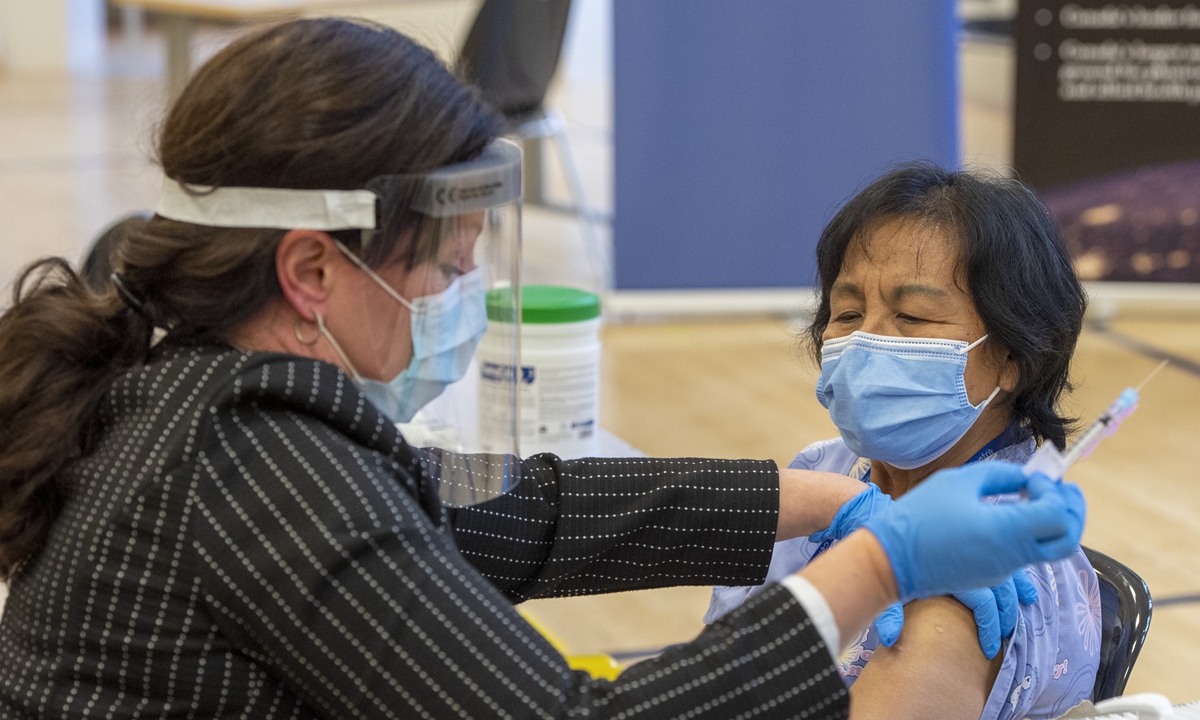Nine months into the COVID-19 pandemic, women of color in Canada still face far higher unemployment than white women, official data shows, in part because they tend to work jobs in hard-hit sectors and often care for children or relatives.

The unemployment rate for minority women was 10.5 percent in November, compared with 6.2 percent for white women, according to Statistics Canada data provided to Reuters. Women of color also had a slightly higher unemployment rate than their male counterparts, who had a jobless rate of 10 percent.
Canada has recouped more than 80 percent of the jobs lost at the height of the COVID-19 crisis, but many minority women have not returned to work.
"What we're seeing... is the unequal impact of this pandemic on diverse groups of Canadians," said Lynn Barr-Telford, an assistant chief statistician at Statscan, in an interview before the latest data was released.
"These inequities pre-date COVID[-19]... but they've been further exasperated by COVID," Barr-Telford said.
Statscan added a question on race to its monthly job survey in July. The first survey found South Asian women had among the highest unemployment rates in Canada at 20.4 percent and black women at 18.6 percent.
Four months later, the unemployment rate for black women remains one of the highest at 13.4 percent.
Chinese-Canadian women, meanwhile, are the furthest from their pre-pandemic employment levels with a jobless rate of 10.2 percent in November.Indigenous Canadians face disproportionate negative impacts on employment from the pandemic, with the unemployment rate averaging 16.8 percent.

Anita Quidangen, a personal support worker in Toronto, became one of the first people in Canada to receive a COVID-19 vaccine on Monday. Photo: VCG
The unemployment rate for minority women was 10.5 percent in November, compared with 6.2 percent for white women, according to Statistics Canada data provided to Reuters. Women of color also had a slightly higher unemployment rate than their male counterparts, who had a jobless rate of 10 percent.
Canada has recouped more than 80 percent of the jobs lost at the height of the COVID-19 crisis, but many minority women have not returned to work.
"What we're seeing... is the unequal impact of this pandemic on diverse groups of Canadians," said Lynn Barr-Telford, an assistant chief statistician at Statscan, in an interview before the latest data was released.
"These inequities pre-date COVID[-19]... but they've been further exasperated by COVID," Barr-Telford said.
Statscan added a question on race to its monthly job survey in July. The first survey found South Asian women had among the highest unemployment rates in Canada at 20.4 percent and black women at 18.6 percent.
Four months later, the unemployment rate for black women remains one of the highest at 13.4 percent.
Chinese-Canadian women, meanwhile, are the furthest from their pre-pandemic employment levels with a jobless rate of 10.2 percent in November.Indigenous Canadians face disproportionate negative impacts on employment from the pandemic, with the unemployment rate averaging 16.8 percent.



